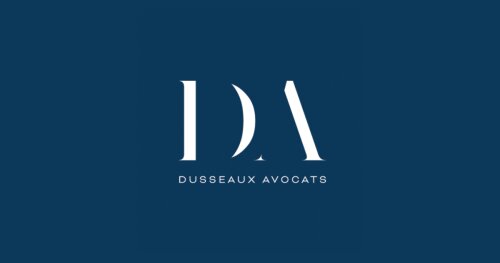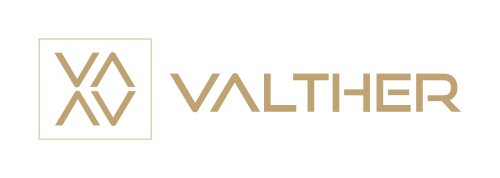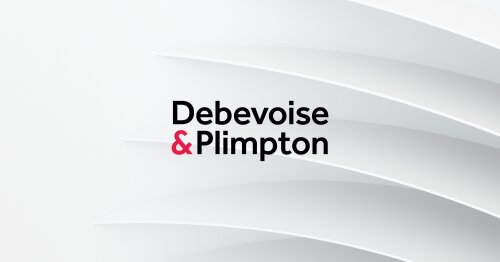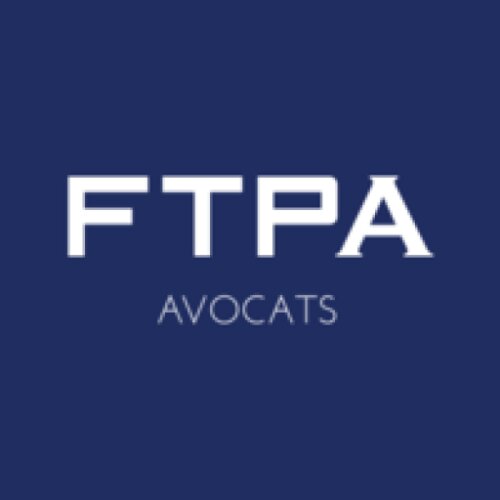Best Sports Law Lawyers in France
Share your needs with us, get contacted by law firms.
Free. Takes 2 min.
Or refine your search by selecting a city:
List of the best lawyers in France
About Sports Law in France
Sports Law in France encompasses a broad range of legal issues related to the world of sports, including contracts, disputes, governance, doping, ethics, and labor law. As a unique field of legal practice, it not only overlaps with several branches of law such as intellectual property and commercial law but also includes regulations enforced by sports organizations and international bodies. French Sports Law is shaped by national legislation, such as the Code du Sport, and France’s membership in international associations such as the International Olympic Committee and EU bodies.
Why You May Need a Lawyer
There are various situations where individuals and organizations may require legal assistance in Sports Law. Athletes may need help negotiating contracts or dealing with sponsorship disputes. Clubs and sports organizations may require advice on compliance with labor laws or assistance in litigation concerning intellectual property issues. Legal counsel is often needed in cases involving doping allegations or disciplinary matters. Additionally, individuals might need lawyers to navigate issues related to education law as it pertains to school and university sports programs or to address personal injury claims arising from participation in sports.
Local Laws Overview
The French legal framework for sports is primarily governed by the Code du Sport, which outlines the rights and obligations of all parties involved in sports. Key aspects include the regulation of professional and amateur sports, measures tackling doping, the governance of sports federations, and the protection of athletes' welfare. Moreover, labor laws applicable to athletes and coaches, intellectual property laws relevant to merchandising and broadcasting rights, and the legal requirements for organizing sporting events are critical components of Sports Law in France.
Frequently Asked Questions
What is the Code du Sport?
The Code du Sport is a comprehensive legal document that consolidates regulations applicable to the field of sports in France, including governance, safety, and ethics.
Can amateur athletes benefit from legal protection under Sports Law?
Yes, both amateur and professional athletes are covered by Sports Law in France, with specific regulations and protections outlined for each.
How does France handle doping in sports?
France follows stringent anti-doping regulations enforced by the French Anti-Doping Agency (AFLD), in line with international standards set by WADA.
What are the legal considerations for sports contracts in France?
Sports contracts must comply with French labor and contract laws. It's crucial to consider clauses related to remuneration, duration, obligations of parties, termination conditions, and dispute resolution mechanisms.
What rights do athletes have in case of unfair treatment by sports organizations?
Athletes can seek recourse through grievance mechanisms within sports federations or through the French judicial system if they experience unfair treatment.
What protections are available for intellectual property in sports?
French law provides robust protection through trademark and copyright laws, covering everything from logos and designs to video broadcast rights.
Are there laws related to gender equality in French sports?
Yes, French law mandates gender equality in sports, promoting equal opportunities and addressing discrimination in sports environments.
How are injuries sustained during sporting events addressed legally?
In France, personal injury claims in sports can be addressed through insurance policies, negligence claims, or compensation from governing bodies.
What should sports organizations know about labor law in France?
Sports organizations must adhere to the Labor Code, which includes regulations on employment contracts, working conditions, and the rights of athlete-employees.
Who governs the organization of sports events in France?
Sports events in France are governed by both national laws and specific regulations from sports federations. Depending on the scope, European Union regulations may also apply.
Additional Resources
For those seeking further information, several resources are available. The French Ministry of Sports offers guidance and regulatory updates. The French Anti-Doping Agency (AFLD) provides information on anti-doping regulations. Professional organizations like the French National Olympic and Sports Committee (CNOSF) can also provide resources and support.
Next Steps
If you require legal assistance in Sports Law, consider consulting with a lawyer who specializes in this field. Look for legal professionals with experience in sports-related cases and familiarity with the unique aspects of French sports regulation. Legal advice can be sought from law firms specializing in sports law or independent legal practitioners with relevant expertise. It’s advisable to gather all relevant documentation and information pertaining to your case or issue before seeking legal counsel. Whether negotiating a new contract, facing a dispute, or needing guidance on compliance, professional legal advice is invaluable to navigating the complexities of Sports Law in France.
Lawzana helps you find the best lawyers and law firms in France through a curated and pre-screened list of qualified legal professionals. Our platform offers rankings and detailed profiles of attorneys and law firms, allowing you to compare based on practice areas, including Sports Law, experience, and client feedback.
Each profile includes a description of the firm's areas of practice, client reviews, team members and partners, year of establishment, spoken languages, office locations, contact information, social media presence, and any published articles or resources. Most firms on our platform speak English and are experienced in both local and international legal matters.
Get a quote from top-rated law firms in France — quickly, securely, and without unnecessary hassle.
Disclaimer:
The information provided on this page is for general informational purposes only and does not constitute legal advice. While we strive to ensure the accuracy and relevance of the content, legal information may change over time, and interpretations of the law can vary. You should always consult with a qualified legal professional for advice specific to your situation.
We disclaim all liability for actions taken or not taken based on the content of this page. If you believe any information is incorrect or outdated, please contact us, and we will review and update it where appropriate.
Browse sports law law firms by city in France
Refine your search by selecting a city.

















